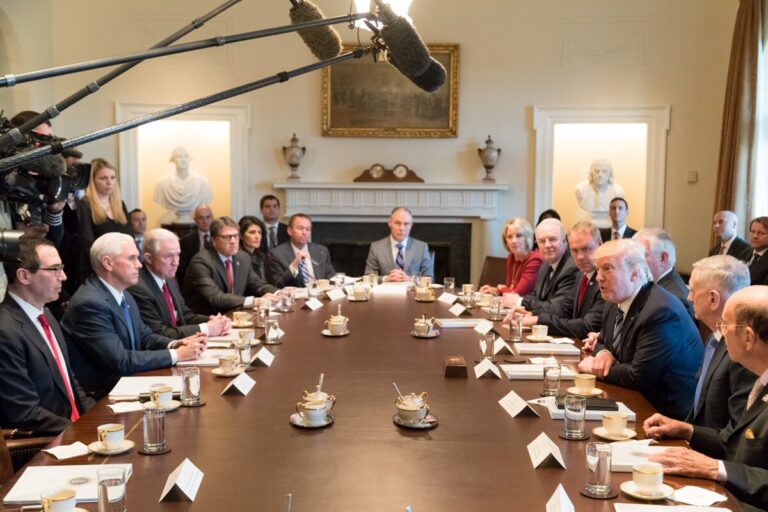
Europol report reveals poor success rate and offers ways to improve
Global anti-money laundering framework, Europol report reveals poor success rate and offers ways to improve
- In 2014, EU Financial Intelligence Units received almost 1 million reports.
- On average, just 10% of suspicious transaction reports are further investigated.
- The overall system leads to only 1% of criminal proceeds being confiscated.
Europol is publishing today its Financial Intelligence Group report From Suspicion to Action – Converting financial intelligence into greater operational impact. The report provides insight into the anti-money laundering framework and the extent of suspicious transaction reporting in the EU. It highlights trends and developments, and gives recommendations on how the anti-money laundering framework can be improved.
In 2014 EU Financial Intelligence Units (FIUs) received almost 1 million reports. Over 65% of these reports are received by just two Member States – the UK and the Netherlands. Although the overall number of suspicious transaction reports (STRs) continues to increase, only around 10% of these reports are further investigated – a figure that is largely unchanged since 2006. Even where further investigated, the likelihood of successful asset recovery is low, and barely 1% of criminal proceeds are confiscated by relevant authorities at EU Level. These stark findings make it impossible not to question why the success rate of the system is so poor and what can be done about it. Europol is uniquely positioned to see how financial intelligence assists cross-border investigators across Europe dismantle organised criminal groups. Europol also has a clear picture of the shortcomings of the current framework.
Europol Executive Director Rob Wainwright:
“Clearly there is no lack of activity, and a great deal of time and resources are put into sending, receiving and handling millions of reports each year. However, the fact that very few are either the result of a police-directed effort or the subject of any significant feedback indicates that resources may be misdirected. In law enforcement and intelligence communities an ‘intelligence-led’ approach of using enhanced knowledge of the threat to direct operational resources into the highest priority areas is at the heart of all counter-terrorist and other major security programmes. That these conceptual principles have not fully translated in to the anti-money laundering regime partly reflects poor outcomes.”
“The anti-money laundering regime still operates at a domestic level, and has not yet fully adjusted to the reality of a problem that is defined by its international nature. While structures exist to facilitate cross-border cooperation between national units, significant barriers in international cooperation and information exchange remain, revealing the urgent need for supranational overview in increasingly global markets,” Executive Director Rob Wainwright added.
In addition, the growing demand for online services and related internet payment systems poses considerable challenges to the EU policies concerning money laundering and terrorist financing. The development of borderless virtual environments call for reflection on how to adapt policies which are meant to be supervised only at national level, while the underlying business is already transnational and globalised in its own nature.
Furthermore, the ‘symmetrical’ exchange of information between FIUs may prevent crucial information contained in STRs reaching authorities tasked with criminal investigations. Europol could assist in overcoming this barrier through acting as a pan-European hub for STRs enabling integration with other sources of information stemming from multiple agencies across Europe and beyond.
Disrupting money laundering schemes will significantly reduce the ability of organised crime groups to grow their businesses and expand into new markets. It will help bring serious criminals to justice. It will also protect the systemic integrity of the financial sector and the global economy as a whole.
Leveraging their respective capabilities to coordinate influence and action within the law enforcement and banking sectors, Europol and the Institute of International Finance (IIF) have joined forces to identify means by which to improve levels of cooperation. Supported by the Financial Action Task Force and national regulators they will also identify opportunities for improvements in the regulatory regime.
Glossary:
What are STRs?
STRs are suspicious transaction reports. Although there is no single definition of a suspicious transaction report (STR) it is generally understood to mean a report compiled by the regulated private sector (most commonly banks and financial institutions) about financial flows they have detected that could be related to money laundering or terrorist financing.
What are FIUs?
FIUs are the Financial Intelligence Units of the European Union Member States. The need for FIUs is clear: the European single market has fostered free trade, robust competition, a full range of consumer choice, and employment and prosperity. But that has also helped create the conditions for the free movement of other things and people, such as criminals, terrorists, the proceeds of crime, and funds for terrorism. The FIUs in the Member States are tasked with fighting these crimes. To internationalise this fight FIU.net was created to assist Financial Intelligence Units in all EU Member States, with the financial support of the European Commission. The embedment of the FIU.net project at Europol presents an opportunity for greater operational cooperation between FIUs and law enforcement.
Source: Europol



